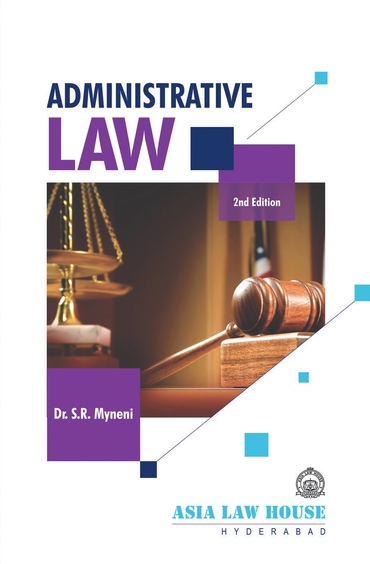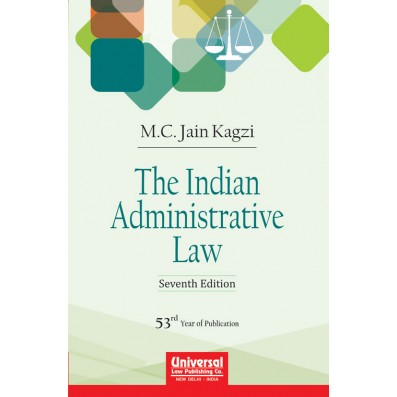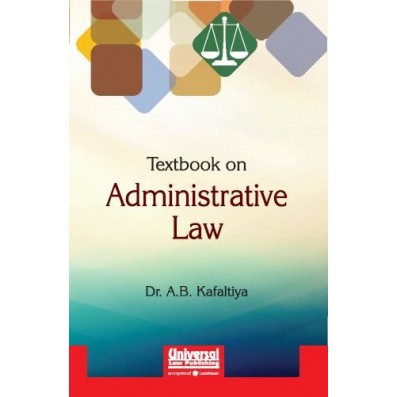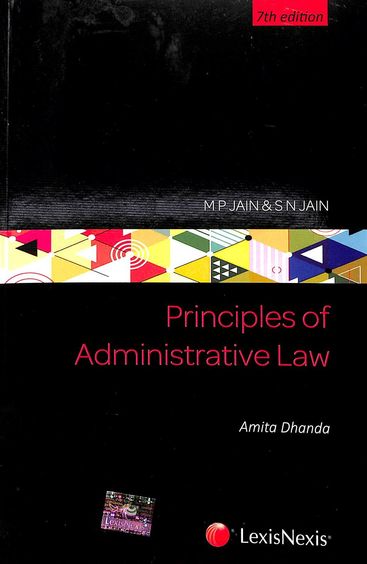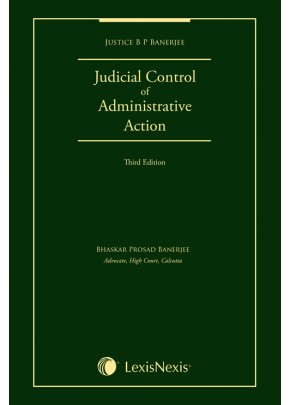Public Administration and Administrative Law Books Online
Featured Products
Judicial Control of Administrative Action
₹1,665.00
M.R.P.:₹ 1,850.00
You Save: ₹185.00 (10.00% OFF)
Enterprise Information Systems & Strategic Management (EIS SM) | CRACKER
₹455.00
M.R.P.:₹ 500.00
You Save: ₹45.00 (9.00% OFF)
Uttrakhand Lok Sewa Ayoug RO/ARO Prarambhik Pariksha Practice Workbook Solved Papers
₹263.12
M.R.P.:₹ 299.00
You Save: ₹35.88 (12.00% OFF)
Apar Nizi Sachiv APS (Additional Private Secretary) Bharti Pariksha 2023
₹292.00
M.R.P.:₹ 365.00
You Save: ₹73.00 (20.00% OFF)


